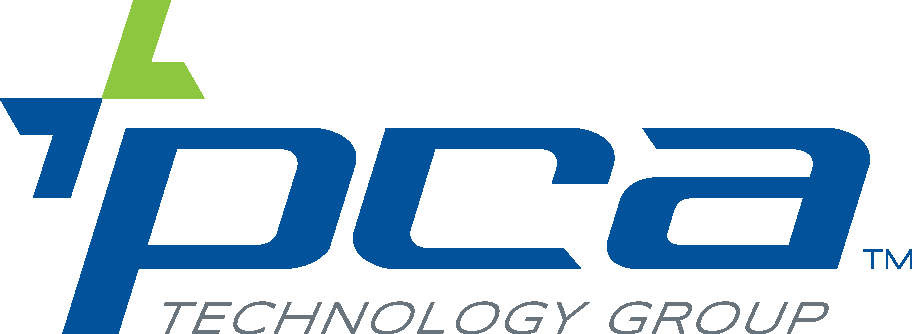Businesses may choose not to have their own in-house IT department for a variety of reasons, and instead rely on either break/fix IT or managed IT services. Selecting an IT support strategy ultimately depends on your business needs. Whether you’re a startup seeking cost-effective solutions or an established company looking for comprehensive IT management, understanding the difference between break/fix IT and managed IT services will empower you to make an informed decision that will best fit your organization.
What is Break/fix IT Support?
Break/Fix IT support is an IT support model where businesses engage IT technicians on a per-issue basis. It can be a cost-effective option since you only pay when you need IT services. However, this approach involves hidden hard and soft costs.
The hard costs arise from hourly fees without a guaranteed long-term resolution, while the soft costs encompass lost productivity that may occur due to recurring downtime. Additionally, response times can be unpredictable, leading to prolonged system disruptions and reduced efficiency. Technicians may also focus on addressing immediate symptoms rather than investigating root causes, which can result in unresolved issues. Another issue is that even if technicians provide options for full resolution, businesses might choose stopgap measures to save on the pay-per-hour that they haven’t budgeted for.
The reactive nature of break/fix IT support can have an adverse impact on employee productivity and customer satisfaction. Moreover, the uncertain cost structure poses challenges for effective budgeting, since businesses cannot predict the hours needed to resolve the issue. If your business suffers frequent downtimes, with employees complaining about faulty technology, you might want to reconsider this type of IT support strategy, as it can lead to higher expenses over time.
What are Managed IT Services?
Managed IT services offer organizations a comprehensive solution to meet a wide range of IT requirements beyond just a simple repair. Managed services providers (MSPs) specialize in delivering ongoing support and assistance tailored to the unique needs of each organization. These services cover various IT solutions, including IT consultation, cybersecurity, monitoring and maintenance, help desk support, and cloud services.
One key advantage of managed IT services is the wealth of expertise and experience that comes with the service. MSPs employ a team of IT professionals with diverse specializations who can address IT issues of varying levels of complexity. By engaging an MSP, businesses gain access to specialists who stay up to date with the latest industry trends and possess in-depth knowledge across different areas of IT.
Moreover, managed IT services go beyond reactive troubleshooting. MSPs take a proactive approach, actively monitoring IT systems, identifying potential issues, and addressing them before they turn into significant, long-term problems. Having your IT proactively maintained by experts results in minimized downtime, increased system reliability, and improved overall IT performance.
Managed IT services also often include cybersecurity measures to protect businesses from evolving threats and ensure that data remains secure. By implementing a comprehensive strategy, MSPs help with businesses to develop and maintain IT infrastructure that aligns with their goals and requirements.
| Related reading: 5 Reasons Why Managed Services Are Essential For Organizations |
It’s worth noting that PCA Technology has been recognized as a top managed services provider, underscoring our commitment to delivering high-quality IT support. Our expertise and track record make us a trusted partner for businesses seeking reliable and comprehensive managed IT services. By partnering with a reputable MSP like PCA Technology, organizations can offload their IT needs, gain access to specialized knowledge, and benefit from ongoing support to drive their success.
Do you want to know how PCA Technology can help your business? Schedule a free consultation now!


